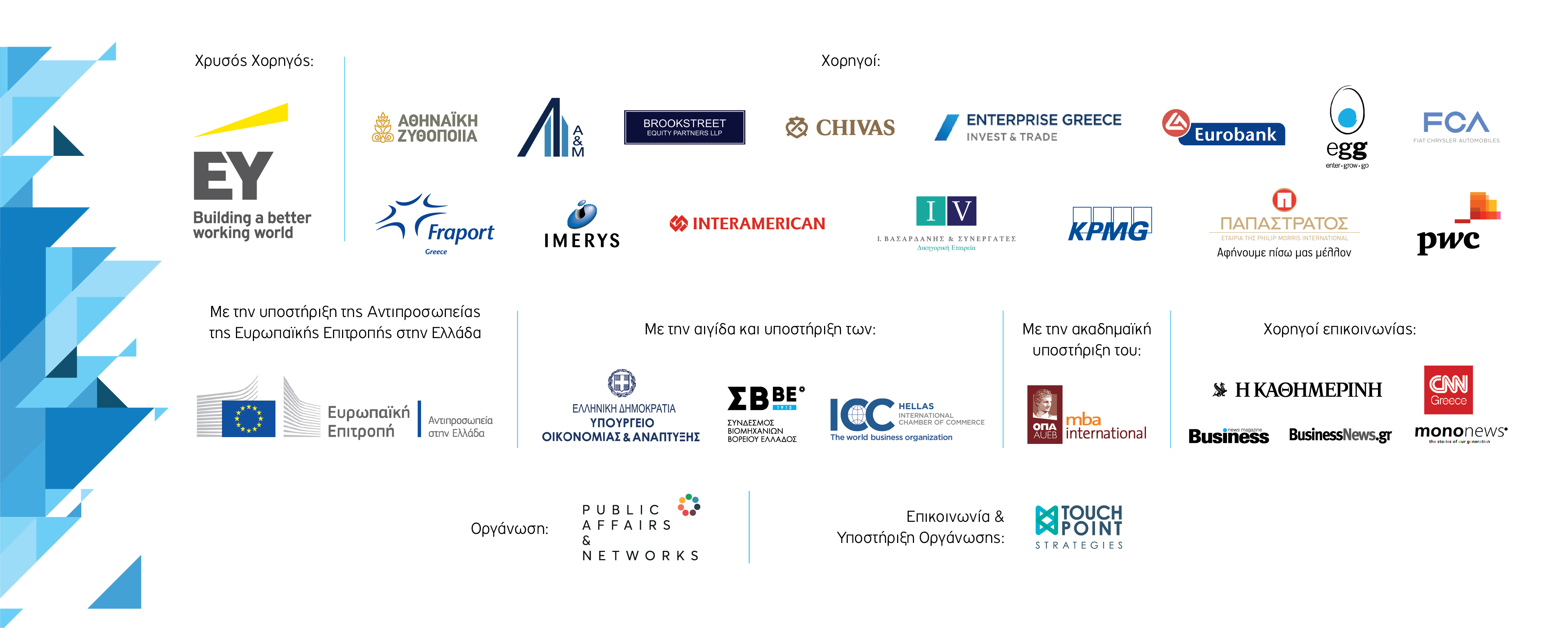Introductory message
The positive story for Greece presents an economy emerging from a deep recession after an enormous adjustment, having eliminated its twin (current account and fiscal) deficits, and having adopted many reforms over the last eight years (even if some remain on paper). An economy that is recovering, tied to a strong currency, and with the Grexit risk nowhere on the horizon. An economy offering deeply discounted asset prices and abundant, skilled labor. An economy at the very start of a recovery cycle that is screaming with investment opportunities. This is the positive view.
But there are also negative factors – on top of the restrictive regulatory framework and the uncertainty about debt relief measures. It is common knowledge that a shortfall in investment cannot be bridged by the state. Domestic savings have shrunk dramatically, and the banks (burdened by NPLs) will be unable to finance the economy for several years. This means the country must urgently attract foreign capital, on a much larger scale than current Foreign Direct Investment (FDI) inflows and on an ongoing basis.
The economy needs larger enterprises and more multinationals. Establishing these in Greece through foreign investment can contribute to reducing the investment gap in the economy. Their international character can also contribute to effectively interconnecting the Greek economy with international networks and global supply chains. Foreign businesses bring valuable know-how and innovative practices, boost productivity, and can contribute to the overall upgrading and growth of the Greek economy.
A strong international presence is necessary to enable the economy to overcome structural problems, negative trends, and reinforce the demand for reforms. Not wage cuts and austerity measures, but reforms that increase productivity, available capital and jobs, and integrate the economy with global supply chains.
A simple reading of international competitiveness indicators (World Economic Forum, World Bank) illustrate the institutional and regulatory interventions that can render Greece an attractive investment destination. These must form the core of the reform agenda for the country’s development program.
George Pagoulatos
Professor, Athens University of Economics and Business

